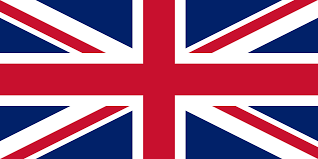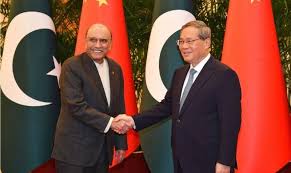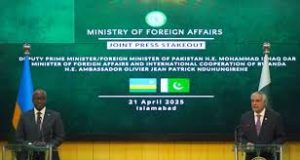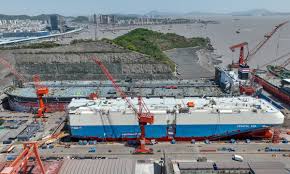UK leaders head into election debate as Farage enters fray

London: The leaders of Britain’s two main political parties on Tuesday prepared to go head-to-head in the first live TV debate of the general election campaign, as the clash risked being overshadowed by the return of Brexit champion Nigel Farage.
Conservative Prime Minister Rishi Sunak is under intense pressure to reset his party’s faltering campaign after two polls published on Monday predicted they were facing a historic defeat.
He also faces the perilous prospect of a split in the right-wing vote, after Farage announced that he would stand as a candidate for the anti-immigration Reform UK party.
Farage officially launched his campaign for the July 4 vote to crowds of cheering supporters in the staunchly pro-Brexit seaside resort of Clacton, east of London.
“What we need is to reactivate a people’s army against the establishment,” the privately educated former commodities trader told them, promising the Tories would “pay a price” for allowing immigration to run rampant over their 14 years in power.
Farage’s populist tub-thumping and obligatory visit to a pub for a pint diverted attention from the hour-long debate between Sunak and Labour leader Keir Starmer, which is due to start at 2000 GMT.
Sunak was spending the day off the campaign trail preparing for the clash, with his performance seen as critical to his party’s fortunes.
The Tory-backing Daily Mail described his predicament as his “darkest hour”, while the left-leaning Mirror said he was facing an “election crisis”.
Sunak announced the election on May 22, calling it six months earlier than required and making an inauspicious start in a widely mocked rain-sodden speech outside 10 Downing Street.
Labour has enjoyed double-digit poll leads for 18 months and that has held firm nearly two weeks into the campaign, with Britons appearing weary of the Conservatives after 14 years in power.
A YouGov survey Monday — using the same nationwide modelling that correctly predicted the 2017 and 2019 general elections — showed Labour on track to win 422 of the 650 seats in parliament.
That would give the centre-left party its best-ever election result, and hand the Conservatives its worst defeat in more than a century, with a host of senior ministers ousted.
Another poll from More in Common using similar modelling suggested a Labour majority of 114.
Both were carried out before Farage announced his decision to run for the Reform UK party, which he first set up as the Brexit Party, and to return as its leader.
The move came less than two weeks after the former member of the European Parliament — who has failed seven times to become a British MP — had said he would not stand.
His U-turn could divert key votes away from the Tories in numerous seats, and help Labour seize power for the first time since 2010.
But it is what happens to the Tories after the vote that has set tongues wagging — if, as predicted, they suffer heavy losses.
Farage suggested a “chunk” of disaffected right-wing Tories could join Reform UK. “I don’t want to join the Conservative party, I think the better thing to do would be to take it over,” he told ITV.
Sunak, 44, has made a series of headline-grabbing promises in the campaign’s early days in a bid to appease right-wingers who want him to be tougher on immigration and law and order.
They include vowing to introduce a form of national service for 18 year olds, restrict taxes on pensioners’ incomes and amend Britain’s equality law so that biological sex alone would determine who could use single-sex spaces.
On Tuesday, the party pledged to impose an annual cap on immigration.
Starmer, 61, has been playing it much safer, seeking to reassure voters that Labour will responsibly marshal the economy and Britain’s defence as the centre-left party seeks to protect its lead.





